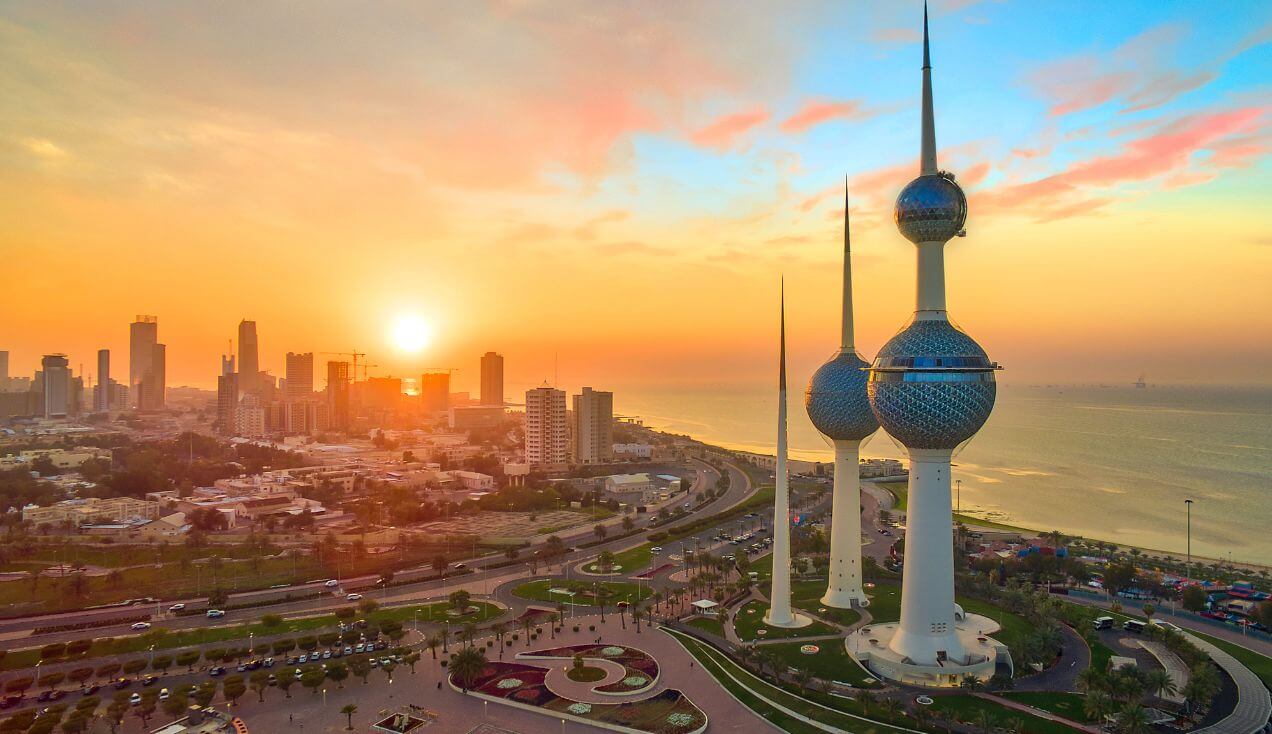Settling into your new role in an international school
Embarking on your first teaching adventure abroad is both thrilling and nerve-wracking.
Here are some valuable tips to help you navigate the transition smoothly and make the most of your exciting experience!
Preparation is key
Even before you board the plane, take time to research and get to know your international school’s country. It’s invaluable to study its culture, customs, and local norms. This will not only make you feel more confident upon arrival but also help you avoid unintentional cultural missteps.
While fluency in the local language might not be necessary, knowing a few key phrases can go a long way in building connections and showing respect to your new community.
Do gather all necessary documents such as your professional qualifications, passport, visa, work permits, and any other required paperwork well in advance a some may need to be certified in advance and this will take time. Finally, do also keep both physical and digital copies in a secure location.
When securing an international teaching position with an agency your accommodation will be a significant part of the package and knowing where you are setting up your new life will ease your initial transition. It is important before arriving in country that you know there is safe and comfortable place to stay to help you adjust to your new surroundings.
Try to engage in community events, join social groups, and attend networking gatherings to meet new people. A trusted international teacher recruitment agency will signpost a support system, whether with fellow expatriates or knowledge of the school’s onboarding system to give you a confident start for work life balance.
Teaching abroad offers opportunities to embrace cultural differences. It’s important to approach these experiences with an open mind and be willing to learn from the new environment and adapt to local customs. Remember, your openness will help you connect with your students and colleagues.
Now let’s turn to the key reason why you are there – to thrive in the classroom! It’s important to familiarize yourself with the curriculum, teaching methods, and classroom expectations of your new school. This understanding will help you deliver effective lessons and connect with your students. Furthermore it will support the development of positive relationships with your students, colleagues, and administrators and create a welcoming and inclusive classroom environment that will set the tone for a successful teaching experience.
Being away from family and the challenges of teaching abroad can be demanding and self-care must be a priority. It is advisable to engage in activities you enjoy, maintain a healthy work-life balance, and seek support if you’re feeling overwhelmed. Stay healthy by taking care of your physical well-being, eating nutritious meals, staying active, and getting enough sleep. Familiarize yourself with local healthcare options as well.
This is an important time to keep a journal or blog to chronicle your experiences as the time will go so quickly and the challenges and triumphs will not only serve as a personal keepsake, but it could also inspire others who are considering teaching abroad.
Finally, teaching abroad for the first time is a unique opportunity for personal and professional growth. By preparing thoroughly, embracing cultural differences, connecting with your community, and focusing on your well-being, you can make the most of this transformative experience.
FAQ’s from International Teachers
- Do I need to be fluent in the local language to teach abroad? While fluency is beneficial, many international schools offer programs in English. Learning some basic phrases will be helpful, but you can still succeed without complete fluency.
- How can I overcome homesickness while teaching abroad? Stay connected with loved ones through video calls and social media. Engage in local activities, make new friends, and give yourself time to adapt to your new environment.
- What’s the best way to immerse myself in the local culture? Participate in cultural events, try local foods, and engage in community activities. Building relationships with locals will provide you with insights into their way of life.
- How can I handle the challenges of a different education system? Attend professional development sessions offered by your school, seek guidance from experienced colleagues, and maintain an open dialogue with your students and administrators.
- What resources are available for handling unexpected situations abroad? Familiarize yourself with the nearest embassy or consulate, have emergency contacts saved, and learn about local emergency services. Your school’s administrative staff can also provide guidance in case of unexpected situations.
Teaching abroad is a remarkable journey of cultural exchange and personal development. By approaching it with curiosity, flexibility, and a willingness to learn, you’ll not only excel in the classroom but also create lasting memories that will shape your teaching career.




